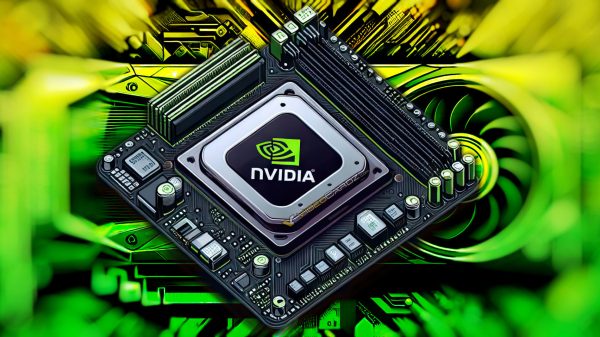The intersection of technology and sports is vividly illustrated in Formula One (F1), where continuous upgrades to cars and innovative data management systems significantly enhance both fan engagement and broadcast capabilities.
With the assistance of Amazon Web Services (AWS), Formula One leverages cloud computing to address complex challenges and optimize performance. Neil Ralph, AWS’s principal sports partnership manager, highlights the immense potential of AWS’s cloud services in processing vast amounts of data generated during races, stating that the latest F1 cars can produce over a million data points per second.
The data collected from onboard sensors and trackside equipment not only aids teams in improving their strategies and performance but also enriches the fan experience. Ralph emphasizes that the collaboration between AWS and Formula One focuses on utilizing this data to create insights that engage viewers worldwide.
By transforming raw data into meaningful narratives, the partnership aims to showcase the multidimensional aspects of F1, beyond just the races and qualifying rounds, to create a compelling storytelling experience for fans.
Ryan Kirk, lead cloud architect and team manager at Formula One, underscores the importance of real-time data processing in delivering insights during races. He notes that the technology enables the broadcast of critical data streams, significantly enhancing the viewer experience.

Discover How AWS Enhances Formula One Through Real-Time Data Processing and Fan Engagement
This data-driven approach allows the production team to tell various stories unfolding during the race, thus adding layers of context that engage audiences and deepen their understanding of the complexities involved in F1 racing.
As the season progresses, the Formula One team constantly seeks to enhance their technological infrastructure, especially during the summer break when teams work on performance improvements.
Kirk points out that new features and optimizations are regularly tested during live events, allowing the team to validate functionalities before they are made available to the public. This rigorous testing process is crucial for ensuring that innovations meet the high standards required for a seamless viewer experience and that they can be integrated into future broadcasts.
Artificial intelligence (AI) plays a vital role in streamlining the broadcast process and enhancing data accessibility for teams and broadcasters alike. Ralph explains that AI reduces the cognitive burden on the broadcast team by enabling natural language queries instead of complicated database searches. Moreover, the use of generative AI aids in quickly resolving issues that arise during live events.
The collaboration between AWS and Formula One showcases how advanced technology can enhance not only sports performance but also business practices across various sectors, inspiring organizations to adopt real-time data insights and high-performance computing solutions.








































